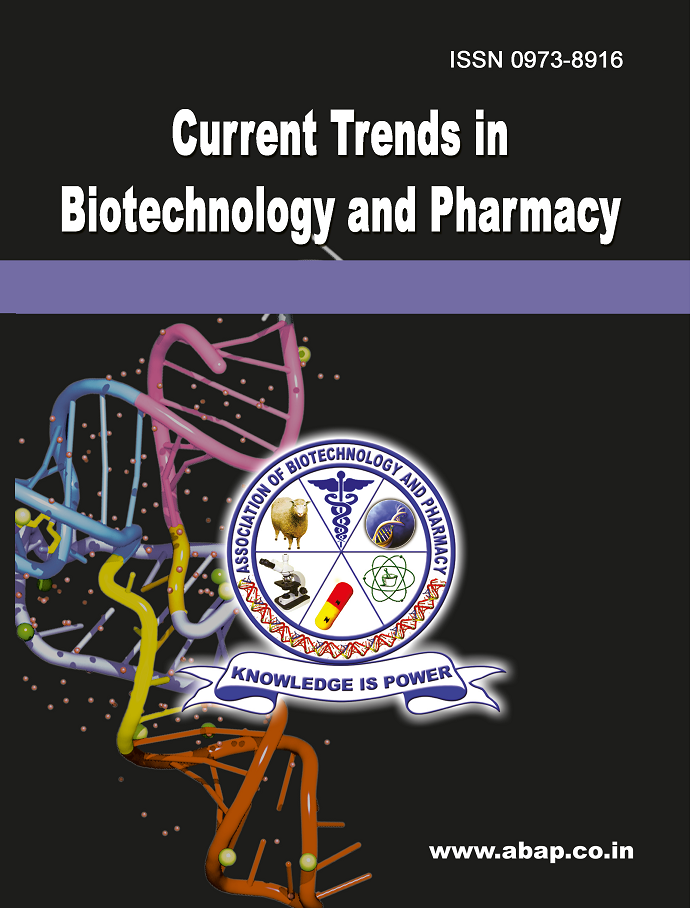Navigating the Tropical Fat Landscape: A Review Integrating Scientific Research and Ayurvedic Perspectives
DOI:
https://doi.org/10.5530/ctbp.2025.3s.12Keywords:
LDL cholesterol, individualized nutrition, genetic variability, insulin resistance, metabolic syndrome, tropical fats, saturated fat, metabolic effect, Ayurveda based dietary suggestionsAbstract
This review integrates Ayurvedic viewpoints, critically evaluates the metabolic impact, and acknowledges the limits of existing research in order to objectively evaluate the health impacts of tropical fats (clarified butter, coconut oil, palm kernel oil, and palm oil). Dietary recommendations have always advised against consuming saturated fat, but new evidence casts doubt on this advice. The review investigates the potential effects on health outcomes of different types of saturated fat and the overall dietary environment. It also explores the variations in how virgin and processed coconut oil affect metabolism, emphasizing the necessity for comprehensiveknowledge. The way different people react to saturated fats is influenced by their genetic makeup. The body's ability to metabolize dietary lipids is impacted by insulin resistance and metabolic syndrome, which further muddies the waters. Further insights can be gained from Ayurveda, whose dosha concept may correspond with individual variations in fat metabolism. Agni theory places a strong emphasis on the necessity of healthy digestion for the best possible fat usage. Nevertheless, it can be difficult to separate the effects of tropical fats from manufacturing impurities, and studies frequently concentrate only on low-density lipoprotein (LDL) cholesterol levels. These constraints should be addressed in future study, which should also investigate tailored techniques based on metabolic health, genetics, and maybe Ayurvedic dosha analysis. Establishing meaningful dietary suggestions requires an in-depth comprehension of tropical fats in the bigger picture of someone's dietary pattern.



